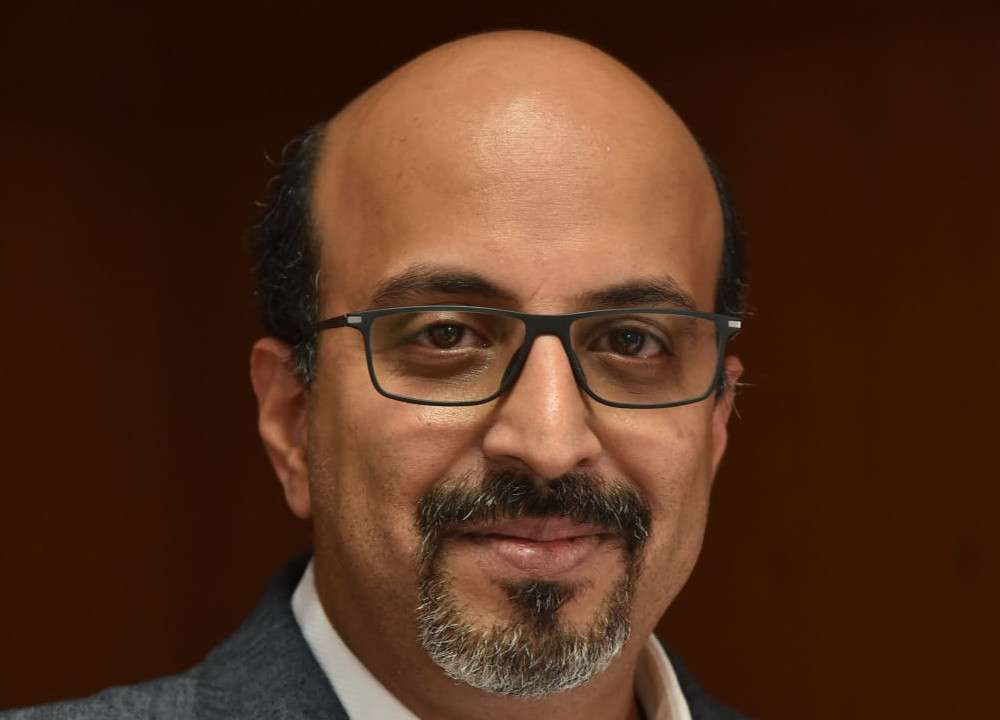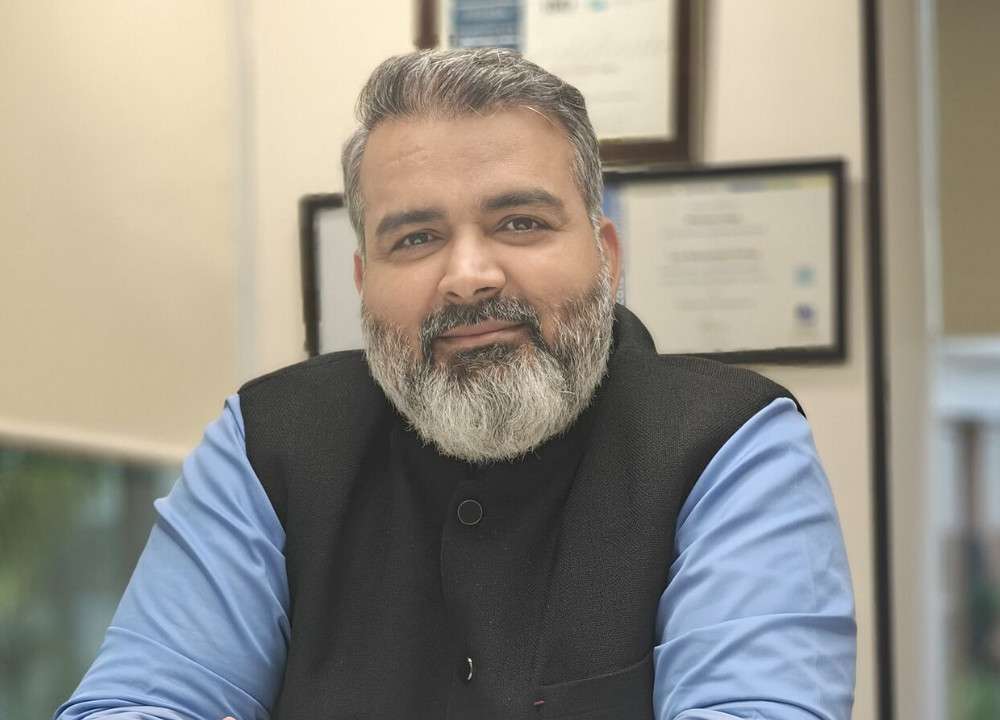As India’s renewable energy sector evolves, firm and dispatchable renewable energy (FDRE), round-the-clock green power, and solar-plus-peak tenders are expected to gain more traction, potentially overshadowing hybrid projects, according to RP Gupta, Chairman and Managing Director of the Solar Energy Corporation of India (SECI).
RP Gupta noted that recent FDRE and round-the-clock tenders have discovered tariffs close to ₹5 per unit, nearing the cost of thermal power. “In terms of price discovery, these auctions are almost on par with thermal energy, but the true reliability of these projects will be proven once we see 10-15 GW of these units operational and successfully delivering power,” he said.
Gupta predicts that once these projects prove successful, their demand will increase significantly. FDRE auctions are designed to meet varying demand across different times of the day and year, making them an attractive option for states and distribution companies looking to fulfill renewable purchase obligations (RPOs).
SECI, India’s largest renewable energy tendering agency, expects to auction up to 20 GW of renewable energy capacity in the current financial year, an increase of about 5 GW from the previous year. These tenders will cover solar-storage, solar-wind hybrid, FDRE, and round-the-clock renewable power.
The push towards firm and dispatchable renewables comes as India’s renewable energy landscape rapidly expands. The country is projected to add 30-35 GW of renewable energy capacity this fiscal year, up from the 18.4 GW added last year. Renewable sources accounted for 71% of the 26 GW of power generation capacity added in FY24, according to the Council on Energy, Environment, and Water.
Gupta also highlighted concerns from distribution companies about the timely setup of these projects by developers, noting that some developers back out due to rising tariffs after signing power purchase agreements (PPAs). “This is not how the sector will grow,” he emphasized, underscoring the need for developers to fulfill their commitments to ensure the sector’s continued progress.







